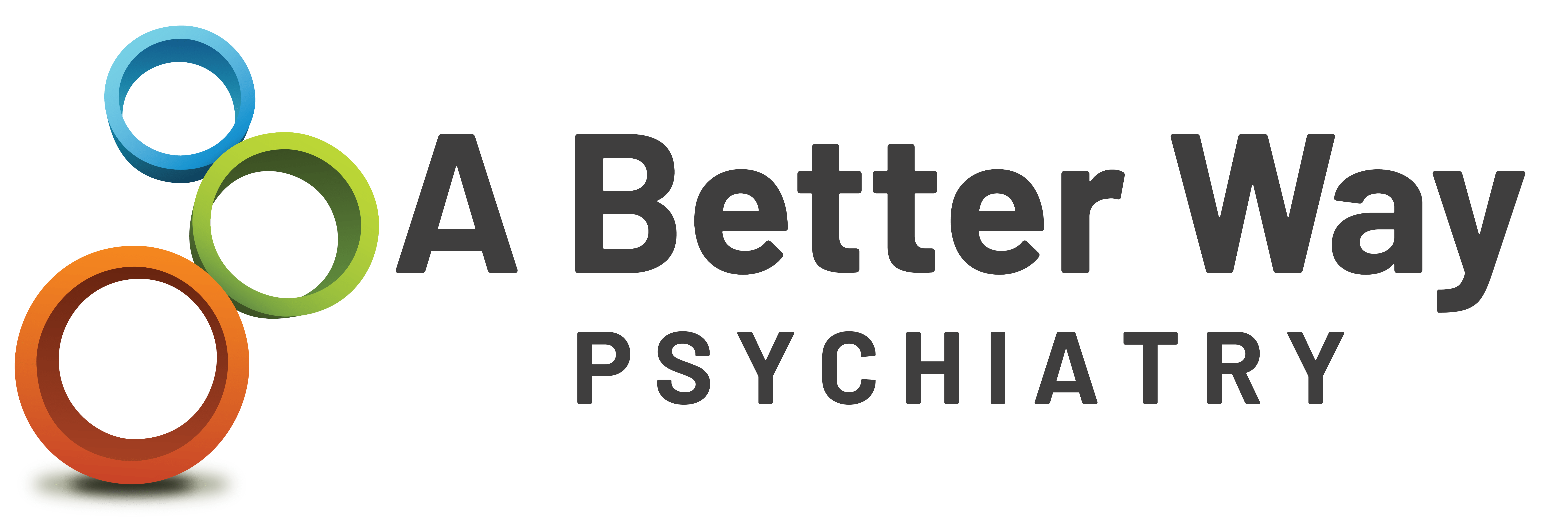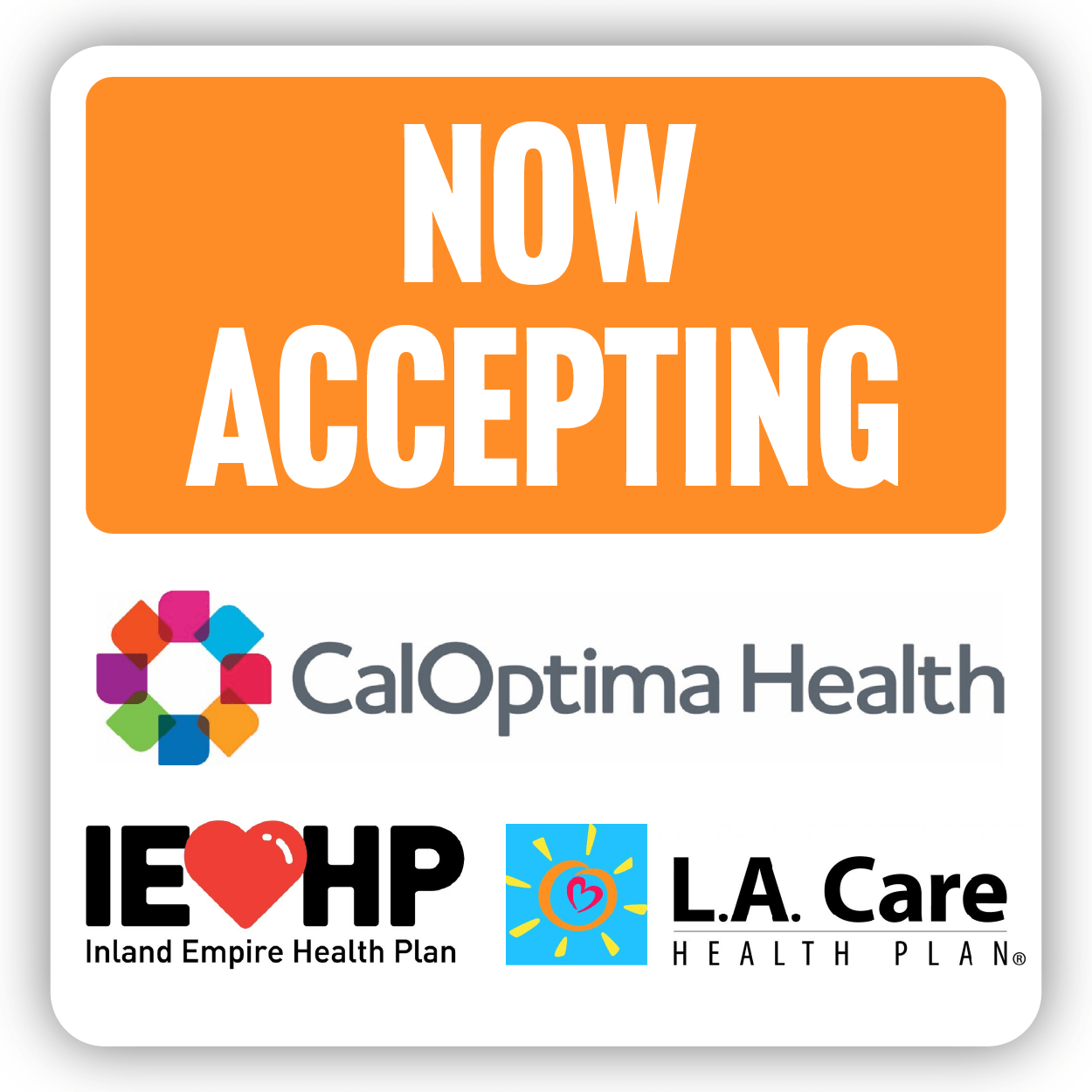Levels of Mental Health Care
Understanding the Different Levels of Mental Health Care
Navigating mental health treatment can feel overwhelming, however, understanding the levels of care available can help individuals and families make informed decisions. Levels of care fall into three primary categories: Residential Treatment, Partial Hospitalization Programs (PHP), and Intensive Outpatient Programs (IOP).
When to Consider Seeking Treatment
Deciding to seek treatment can be difficult, but certain signs may indicate the need for a higher level of care:
- Persistent symptoms of sadness, anxiety, or hopelessness that interfere with daily life.
- Difficulty functioning in personal, academic, or professional settings.
- Safety concerns, such as thoughts of self-harm or harm to others.
- Limited progress with outpatient therapy or medication management.
For clients at A Better Way Psychiatry, a referral to a higher level of care like those provided by AMFM may be the next step if traditional approaches are not yielding results.
Intensive Outpatient Programs (IOP)
IOPs provide a balance between structured therapy and personal independence, making them a suitable choice for individuals managing their mental health alongside daily responsibilities such as work or school. IOPs typically involve several therapy sessions per week and are available in both virtual and in-person formats.
Key benefits of IOP include:
- Customizable therapy schedules to fit individual needs.
- Group therapy sessions that foster connection and shared understanding.
- Integration of evidence-based therapies like CBT and DBT.
Mission Connection’s Virtual IOP offers flexibility and convenience for adults seeking treatment while balancing other life commitments. Additionally, Mission Connection offers Virtual IOP for teens, which provides age-appropriate care that emphasizes resilience and emotional well-being.
Partial Hospitalization Programs (PHP)
PHPs are designed for individuals who need a high level of care but do not require overnight supervision. This program provides structured therapy sessions during the day, allowing clients to return home in the evenings. PHPs are particularly effective for those transitioning from residential care or for those who require more intensive support than traditional outpatient therapy.
Key elements of PHP include:
- Daily therapeutic sessions, including individual and group therapy.
- Skills training and psychoeducation to enhance coping mechanisms.
- Flexible schedules to accommodate personal commitments.
Mission Connection’s PHP offers a comprehensive approach to care, ensuring clients receive the intensive support they need while maintaining their independence. The program’s structure allows individuals to focus on their mental health while balancing family and work responsibilities.
Research consistently shows that people who undergo TMS experience noticeable improvements in their symptoms. In fact, studies indicate that about 70% of individuals undergoing TMS see significant reductions in depressive symptoms within just six weeks.
Perhaps even more encouraging, about 40% of patients no longer have symptoms of depression and their best life is now a reality. TMS has proven to be far more successful than continued medication trials. In fact, studies show that the success rate of antidepressants dramatically decreases after multiple failed attempts, with the chance of success dropping to as low as 7% when trying a fourth medication.
Residential Treatment
Residential treatment is the most intensive level of care, providing a structured, live-in environment for individuals with severe mental health challenges. It is ideal for those who require constant supervision and support to stabilize and progress in their treatment.
Key features of residential treatment include:
- 24/7 access to care and support from clinical professionals.
- Individualized treatment plans, incorporating therapies like Cognitive Behavioral Therapy (CBT) and Dialectical Behavior Therapy (DBT).
- A retreat-like atmosphere that fosters personal growth and healing.
Programs such as Mission Prep specialize in residential treatment for teens, offering a safe and structured environment tailored to the unique needs of younger clients. The program includes evidence-based therapies, experiential learning, and opportunities for peer connection to help teens develop resilience and coping skills. Adults can seek programs as well, A Mission For Michael (AMFM), provides residential care with a focus on creating a compassionate and healing space for adults seeking intensive mental health support.
Whether you are seeking residential care for severe symptoms, PHP for structured daytime support, or IOP for flexible therapy options, AMFM Healthcare’s comprehensive programs- A Mission For Michael, Mission Prep, and Mission Connection- provide the tools and resources needed for meaningful and lasting change. If you or a loved one is struggling with mental health challenges, consider exploring the specialized programs available through AMFM. To take the next step toward wellness, call 949-796-4411.

